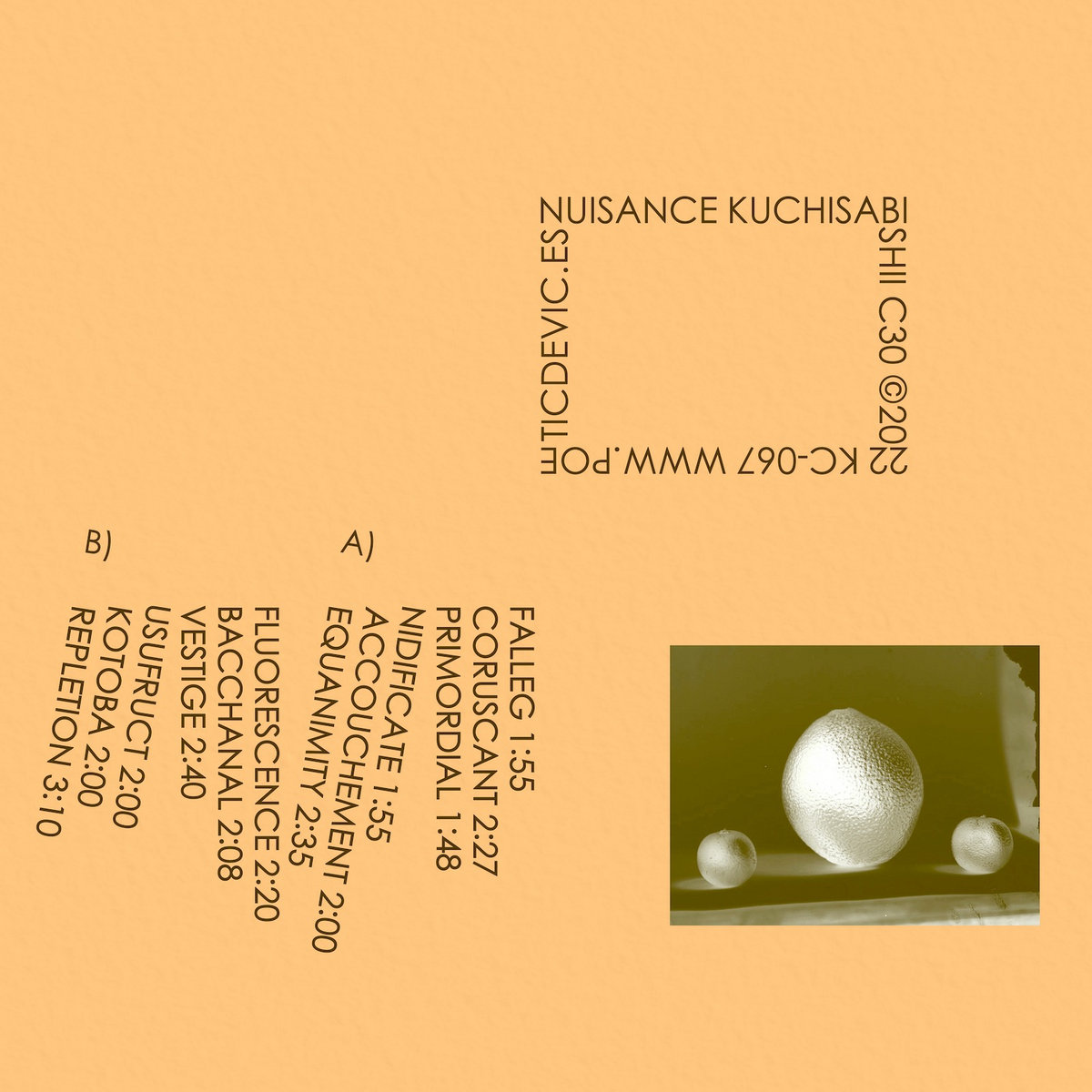You know that feeling—you’re not really hungry, but you crave a snack. Your stomach isn’t grumbling, but your mouth feels…lonely? Congratulations, you’ve likely experienced “kuchisabishii.”
Kuchisabishii: More Than Just a Snack Craving
This Japanese term translates directly to “lonely mouth,” and it perfectly encapsulates that urge to nibble, not out of physical hunger, but for pure oral satisfaction. Think of it as your mouth getting bored and needing a little action!
And recently, this quirky feeling has taken the internet by storm as the Kuchisabishii Meme. These hilarious memes depict relatable scenarios of people succumbing to their “lonely mouths”—a student munching chips during a study marathon or someone snacking while binge-watching their favorite show.
But what makes this meme so relatable? It likely speaks to the universality of the kuchisabishii experience. We’ve all been there, right?
Decoding “Lonely Mouth”: The Why Behind the Munchies
While kuchisabishii is a normal feeling, it’s important to note that it’s not necessarily emotional eating or an eating disorder. It’s simply recognizing when we seek oral gratification for reasons beyond physical hunger.
That said, exploring the psychology behind kuchisabishii can offer valuable insights. Some experts suggest it could be linked to:
- Stress relief: Chewing can be a physical way to release tension.
- Sensory stimulation: Our mouths crave different textures and tastes.
- Self-soothing: Eating can provide a sense of comfort and security.
Interestingly, kuchisabishii doesn’t always involve food. Ever find yourself chewing on a pen cap, popping gum, or even chatting up a storm when you’re feeling anxious? That could be your “lonely mouth” acting up! This highlights the broader sensory aspect of this phenomenon, showing that it’s not just about taste but also about the physical sensations of having something in your mouth.
Navigating Kuchisabishii: Mindful Choices for a “Happier” Mouth
So, how can we deal with kuchisabishii in a healthy way?
- Mindful Eating: Pay attention to your body’s hunger cues and eat with intention.
- Alternative Activities: Chewing gum, sipping tea, or even brushing your teeth can satisfy that need for oral stimulation.
- Addressing Underlying Emotions: Are you bored, stressed, or lonely? Addressing these feelings directly can lead to a healthier relationship with food.
Kuchisabishii in a Nutshell: A Bite-Sized Explanation
Let’s recap:
What is kuchisabishii? The desire to eat even when you’re not physically hungry – your “mouth” is lonely, not your stomach.
Why does it happen? It’s likely a combination of boredom, stress, anxiety, habit, and the need for oral stimulation.
How can I deal with it? Practice mindful eating, find alternative activities to satisfy oral fixation, and most importantly, address any underlying emotional needs.
By understanding concepts like kuchisabishii, we gain a deeper awareness of the connection between our minds and bodies. We learn to recognize subtle signals and patterns in our behavior, empowering us to make more conscious choices.
So, the next time you reach for a snack, take a moment to pause. Ask yourself: Is my stomach truly hungry, or is it just my mouth feeling a little lonely?
How to use kuchisabishii in a sentence?
Now that you’re familiar with “kuchisabishii,” why not add it to your vocabulary? Here are a few examples:
- “I’m not really hungry, but I’m feeling a bit kuchisabishii. Anyone up for popcorn?”
- “I ended up polishing off a whole pint of ice cream last night. Totally blame it on kuchisabishii!”
- “You know that feeling when you’re stressed and just want to devour a whole pizza? Yeah, that’s totally kuchisabishii.”
While there isn’t a perfect English equivalent for “kuchisabishii,” using it in conversations adds a touch of cultural flair and helps others understand that universal experience of emotional eating. It’s a fun, relatable word that can spark conversations and maybe even inspire some shared snacking!
What is “lonely mouth” in Japanese?
You guessed it – it’s “kuchisabishii!” This term highlights how the Japanese language often captures complex feelings and sensations with a single word.
The concept of kuchisabishii goes beyond mindless munching; it acknowledges that sometimes, we eat to fill an emotional void rather than a physical one. It’s about recognizing that “loneliness” factor and how it connects to our innate desire for oral stimulation.
Understanding this idea can be a game-changer in our relationship with food. It encourages us to become more aware of the emotional triggers that lead to eating and to find healthier ways to cope with those feelings, perhaps through exercise, connecting with loved ones, or pursuing a favorite hobby.
If you are a big fan of Fleetwood Mac who is curious about Stevie Nicks, click on The Lighthouse Stevie Nicks Lyrics to find out the lyrics of the song The Lighthouse, one of the hits of Stevie Nicks. Pearl Jam lovers can also find the lyrics of the hit song Yellow Ledbetter by clicking on Yellow Ledbetter Lyrics.










